
JAPANHØST I MOSSEBIBLIOTEKENE
Mossebibliotekene har fått tildelt mange bøker fra READ JAPAN PROJECT. Det har vært en lang søknadsprosess, som startet allerede i mai 2024. Før jul fikk vi beskjed om at vi skulle få være med – og nå i mai, 2025, har den ene bokkassen etter den andre kommet frem til oss. Det har vært en sann svir å åpne alle eskene med bøker!
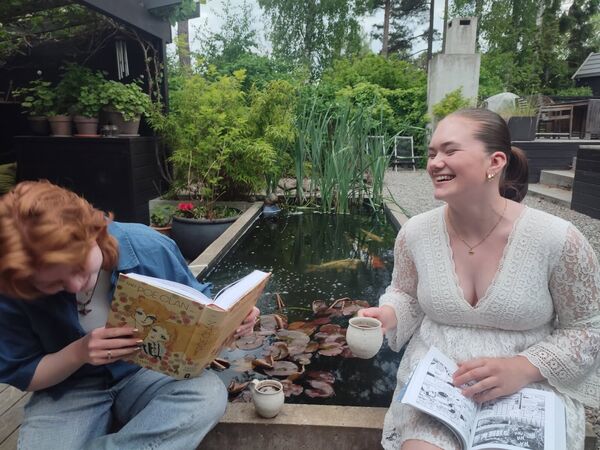
Målet med prosjektet, fra Japans side, er å øke forståelsen for Japan utenfor landets grenser. Det fulgte en plakett med de engelskspråklige bøkene, der det står at bokgaven er en «(…) token of friendship between Norway and Japan». I Norge er det kun universitetsbibliotek som har kunnet søke og har fått denne tildelingen tidligere, i tillegg til norsk utenrikspolitisk institutts bibliotek. Denne gangen åpnet The Nippon Foundation for at også folkebibliotek kunne søke – og da kjente vi vår besøkelsestid. Nå skal alle bøkene klargjøres for utlån, før vi inviterer til flott donasjonsseremoni etter sommeren.
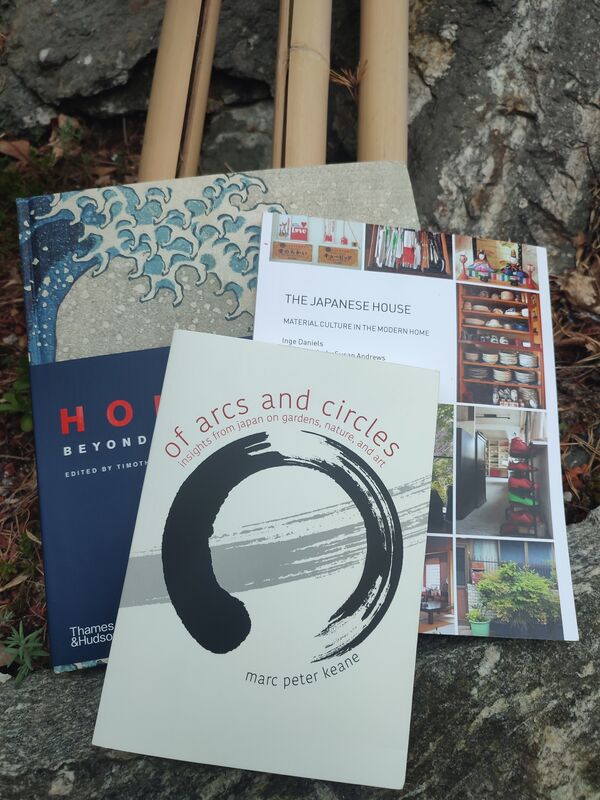
Den 3. september kommer representanter fra den japanske ambassaden til mossebibliotekene. Vi vil servere servere matcha-kake og grønn te. Det blir koto-spill (japansk langsitar) ved Liv Lande. Dette gleder vi oss veldig til – og alle er velkommen! Boksamlingen står først i Moss, før den flyttes til Rygge de siste månedene før jul. I hele høst inviterer vi til ulike arrangementer med Japan som utgangspunkt. Det blir forfatterbesøk, besøk av kunsthåndverkere, filmkvelder og bokprater. I august kommer vi tilbake med det endelige programmet.
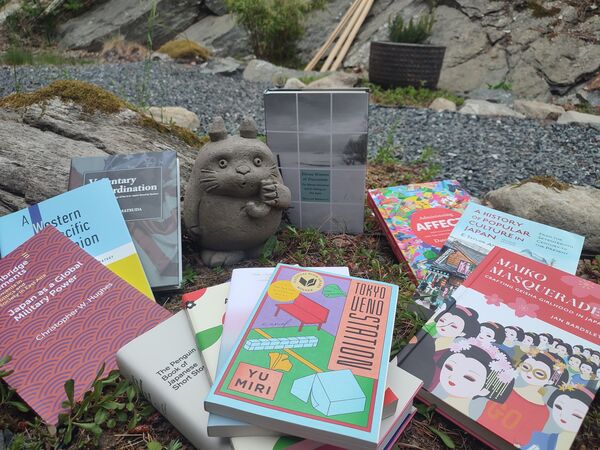
Vel møtt til alle som ønsker å fordype seg i Japansk historie, kunst, språk og litteratur!
Tre av de donerte bøkene, med beskrivelse hentet fra READ JAPAN PROJECT (List of Books - READ JAPAN PROJECT)
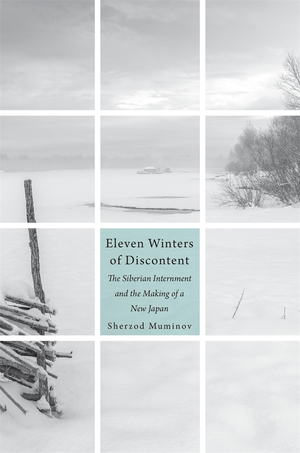
Eleven Winters of Discontent: The Siberian Internment and the Making of a New Japan
Sherzod Muminov
Harvard University Press, 2022
After WWII came to a close, over 600,000 imperial Japanese soldiers were incarcerated in Soviet labor camps, primarily in Siberia and the Far East. Soon after, both the puppet state of Manchukuo and the colony of Southern Sakhalin came under Soviet control. Subject to backbreaking work, extreme cold, and disease, around 60,000 Japanese would not make it back home. Those that did survive would be repatriated to Japan in waves up until 1956.
Sherzod Muminov’s meticulously researched account delves into the lives of these prisoners and the unexpected challenges they faced, including Soviet “reeducation” efforts promoting communist ideology and the influence this had on the development of communism in Japan, where a newly legalized Japanese Communist Party persisted in spite of US efforts to suppress the ideology.
Drawing from a wealth of Japanese, Russian, and English sources, including survivor interviews and memoirs, Eleven Winters of Discontent is a gripping portrait of life in Siberia—and, for those who survived, life back in a transformed postwar Japan.
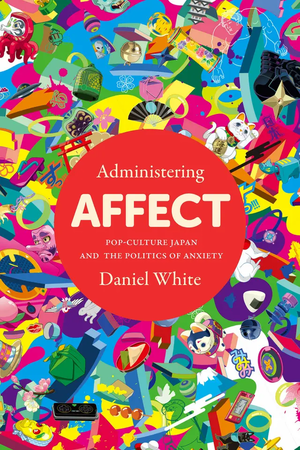
Administering Affect: Pop-Culture Japan and the Politics of Anxiety
Daniel White
Stanford University Press, 2022
Against the backdrop of Japan’s economic decline, geopolitical tension, and increased regional competitiveness in East Asia, the Ministry of Foreign Affairs launched “pop-culture diplomacy” in 2006.
Taking advantage of rare access to the bureaucrats and administrators behind this project, Daniel White spent sixteen months conducting ethnographic fieldwork to uncover the connection between state administration and public sentiment. He argues that “Pop-Culture Japan” emerged as a response to Japan’s economic downturn in the 1990s and reflected the aspirations of state bureaucrats and political elites to enhance Japan’s global image. In an era marked by regional competitiveness and geopolitical tensions in East Asia, Japanese state bureaucrats recognized political anxiety as a national concern and turned to pop-culture branding as a remedy. Touching on anime diplomats, “Cool Japan” branding campaigns, and the so-called “Ambassadors of Cute,” White illustrates a powerful link between the practices of managing national culture and the circulation of anxiety among the Japanese public.
Administering Affect offers an intimate anthropological analysis of the affective elements playing into state governance, popular culture, and national identity.
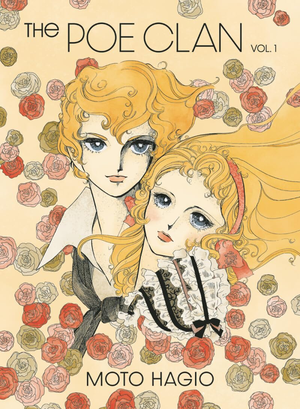
The Poe Clan, Vol. I
Moto Hagio
Fantagraphics Books, 2019
The immortal Poe clan: a race of vampiric beings who exist in a village outside time, sustaining themselves by feeding on the life force of the living. Despite the Poe clan’s rule of only converting adults into immortal beings, Edgar and his sister Marybelle are prematurely transformed, initiated into the enigmatic clan, and left permanently on the cusp of adulthood in a state of eternal liminality—no longer human, not full “adult” vampire. Together with their friend, Alan, who was also initiated into the vampire clan, they navigate their unique form of immortality in a series of adventures full of gothic mystery, chilling horror, heartwarming romance, and touching friendship.
The Poe Clan, Vol. I is the first volume of this groundbreaking manga series that helped elevate the profile and shape the landscape of shojo manga (comics for girls and young women). Moto Hagio’s influence on the genre has been profound and enduring, and The Poe Clan is a testament to her legacy in the world of manga.
